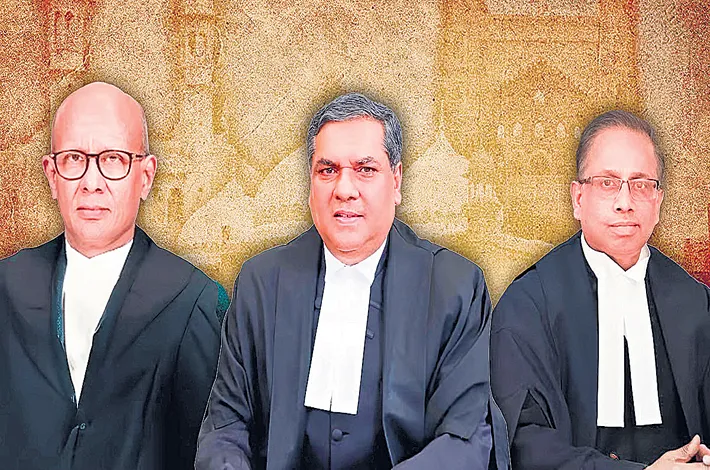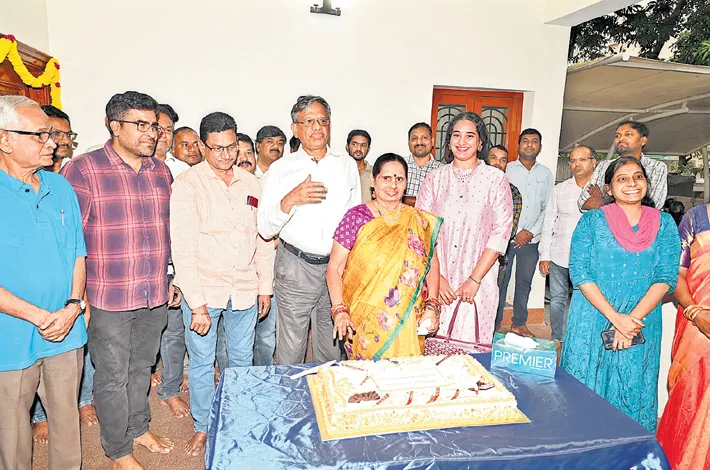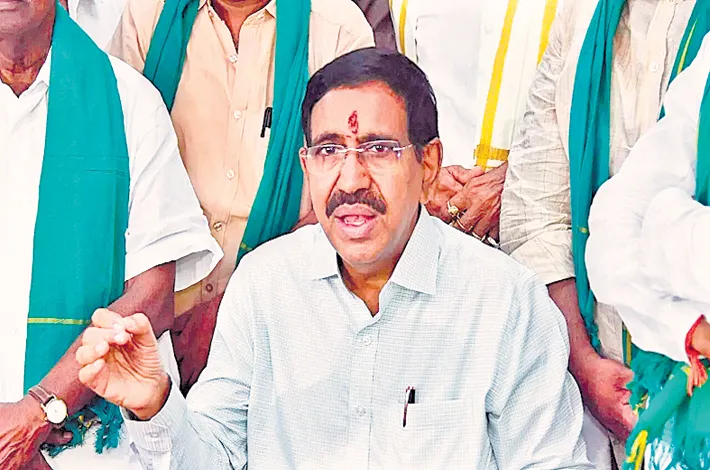SC halts Waqf bill
18-04-2025 12:00:00 AM

Stops non-Muslim appointments to Waqf boards
■ Supreme Court records the assurance, to hear the matter next on May 5
■ Centre directed to file its response within a week
■ SC halts non-Muslim appointments to Waqf boards
metro india news I new delhi
The Supreme Court on Thursday directed the Centre to file its stand within a week in the challenge to Waqf (Amendment) Act, 2025 after it was assured by the union government that 'waqf by user' or 'waqf by deed' properties won't be denotified till the next hearing on May 5
A bench comprising Chief Justice Sanjiv Khanna and Justices Sanjay Kumar and K V Viswanathan also recorded the assurance of solicitor general Tushar Mehta, representing the Centre, that no appointments in the central Waqf council and boards will be made in the meantime. Mehta said the government won't denotify "waqf by deed" and "waqf by user" properties till the next hearing.
The CJI said if registration of any waqf property had taken place under the erstwhile 1995 Act, then those properties can't be denotified till the next hearing on May 5. The bench passed the order after Mehta sought a weeks' time to file a preliminary response to the pleas against the newly-amended waqf law. "If your lordships will say something about 'waqf by user', what will be the fallout?" he asked.
The bench, on the other hand, said it was impossible to deal with a number of pleas on the issue and clarified it would only hear five of them while asking lawyers to decide among themselves who would argue. The petitioners, the bench said, could file their rejoinders to the Centre's reply within five days of the service of the government's response.
What is ‘Waqf by user’
A 'waqf by user' refers to a property that is treated as waqf based on its long-term use for religious or charitable purposes, even without formal documentation. The concept was legally recognised through court rulings and was incorporated into the Waqf (Amendment) Act 2013, passed during the Congress-led UPA. The provision allowed properties to be recognised as Waqf without documentary proof to substantiate the claim, based on usage by the community and its acceptance as such.








